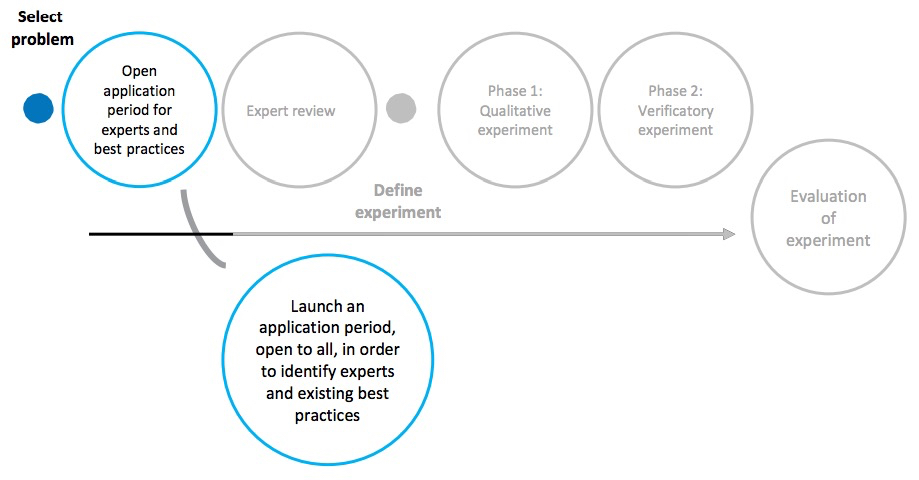Towards the end of last year, the Finnish government’s plan to experiment with basic income made headlines around the world.
The premise: give all citizens – irrespective of earnings, employment status, health or age – a basic, tax-free income and dismantle the benefits system. Not a lot of money, but enough to survive. Anything beyond that basic universal income is to be earned, and taxed. This turns the function of the state on its head: rather than providing a safety net for those who fall on hard times, it guarantees a basic standard of living to everyone, throughout their life. A national insurance based safety net set aside in favour of a more explicit redistribution of wealth.
Proponents argue it could simplify the system, reduce costs, promote equality, and encourage part time and temporary work by removing the so-called ‘benefits trap’. Critics worry it will be unaffordable and could eradicate the incentive to work altogether. Either outcome is plausible, and there’s no way to know who is right without just… getting on with it.
As Demos Helsinki point out, what’s most interesting about this is not the policy itself (although I’m fascinated to see the outcome) but the fact that most countries would just stop there.
For all that politicians like to talk of ‘root and branch reform’, policy changes tend to be incremental and evolutionary. The pace of change is glacial, and any reform at all is hard won, usually involving costly and time consuming appraisals, simulations, predictions or models. Fundamental change happens rarely, and with difficulty.
In Finland, it has happened because they have committed at a fundamental level to a period of government by experimentation and evaluation, particularly in policies that involve a behavioural element. This followed a report commissioned from Demos Helsinki which advised the current government to incorporate a two-year knowledge-based experimentation programme into its four year parliamentary term. The programme incorporates three headline stages: understanding the problem; implementing an experiment; and evaluating the impacts identified.The basic income policy will be one of those trialled using this process, and it’s expected to begin early next year.
This type of experimentation is happening at small scale in a lot of countries – the UK’s Nudge Unit being one. The evidence-based approach championed by the Nudge Unit lies behind the establishment of the What Works Network of which this Centre is a member. But Finland is the first country to commit to large scale experimentation and evaluation as the default mode of policy implementation (albeit for a limited time period and in limited policy areas).
Of course, for us, the first question was ‘what type of evaluation are they going to do?’. One of the greatest frustrations we have encountered in our reviews of the evidence on the impact of local growth policies has been the small number of robust evaluations from which to learn. For us, good evaluation techniques need to be designed to allow us to compare changes in outcome for ‘treated’ firms, people or places with the average outcome they would have experienced without the policy.
For Finland, the policy cycle now looks like this:

Phase 1, the qualitative experiment, is just that. Recommended methods include “interviews […], hackathon events, vignette experiments and scenario modelling”. The purpose being to generate hypotheses and preliminary conclusions.
Phase 2, the ‘verificatory experiment’, appears to be more in line with what we have been seeking in our systematic reviews. Its purpose is to ‘verify’ the preliminary qualitative conclusions using methods designed to draw conclusions on causal connections and wider applicability. Recommended methods include randomised experiments with a control group, or quasi-experimental settings with a before/after element with or without a control group.We still don’t know which approach they intend to use for the basic income experiment, or much of the specifics about how the policy will be implemented – it seems that more detail will be published later this year.
At the What Works Centre and at Arup we’ve been part of a coalition of voices across business, government and academia arguing for a more robust approach to evaluation and experimentation. This is something we would like to see a lot more of in the UK policy context. As last week’s post from Jemma Mouland shows, policy makers and service providers are becoming convinced that financial pressures make it ever more important to check we’re spending money on the right things. The Centre is currently working with a number of partners across the UK to help them embed evaluation in their new policy initiatives. We will be watching Finland with interest.







